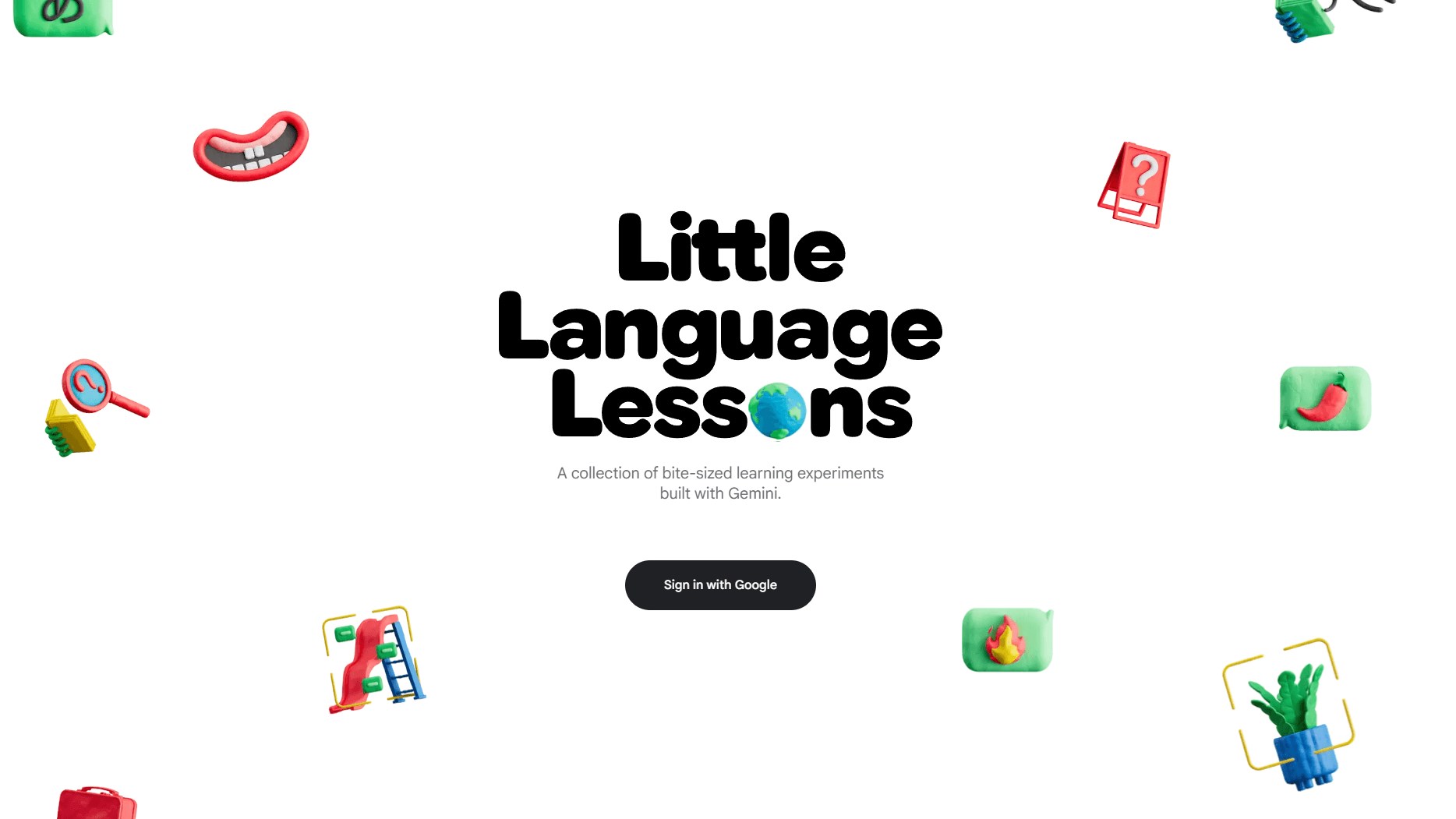Meta Challenges OpenAI, Again
Today we will discuss a new development in the world of AI. Meta has once again taken aim at OpenAI, introducing a chatbot app and Llama API at LlamaCon to compete with closed AI models.
Recent Developments
Meta recently launched an AI chatbot app with a social feed and a Llama API to promote the use of its open models. The company is making a clear statement by positioning itself as the alternative to OpenAI, emphasizing openness over proprietary systems.
At the first-ever LlamaCon, Meta unveiled two significant AI products. The Meta AI chatbot app caters to consumers, featuring a social feed for sharing chats and personalized responses based on user activity across Meta apps. On the other hand, the Llama API targets developers, enabling them to build tools and applications using Llama models with minimal effort.
Open Models and Strategy
Meta's strategy revolves around promoting open-source initiatives and challenging closed systems. Mark Zuckerberg, in a discussion with Databricks CEO Ali Ghodsi, expressed his vision of collaboration with other open model labs like DeepSeek and Qwen. He believes that integrating the strengths of different models will eventually propel open systems to outperform closed ones.

Regulatory Landscape
Aside from its technical approach, Meta also considers the legal implications. The EU AI Act provides incentives for companies releasing free and open-source models. While there is ongoing debate regarding Llama's classification, Meta continues to advocate for its open nature.
Meta's current focus is on expanding the open AI ecosystem, prioritizing long-term influence over the pursuit of the most advanced model.

This Week's Theme: AI-Powered Decision Making
Make informed decisions with the help of AI tools. Utilize Consensus for research-backed insights, leverage INK for content strategy optimization, and automate project decisions efficiently using OpenAI, Trello, and Zapier. Join here to explore these resources.
Google's Language Learning Experiments
Google has introduced three new AI-powered language learning experiments to facilitate personalized and dynamic language acquisition. These experiments aim to enhance language learning by catering to real-life scenarios and promoting natural conversational skills.
Key Features of the Experiments:
Tiny Lesson: Learn specific phrases relevant to real-life situations, such as reporting a lost passport, with tailored vocabulary and example sentences.
Slang Hang: Practice informal conversations to sound more natural, with explanations of local phrases and terms.

Word Cam: Identify objects in your surroundings using your phone's camera, learn related vocabulary, and enhance everyday language skills.
These experiments, available in Google Labs, support over 20 languages and aim to revolutionize language learning through AI technologies.










